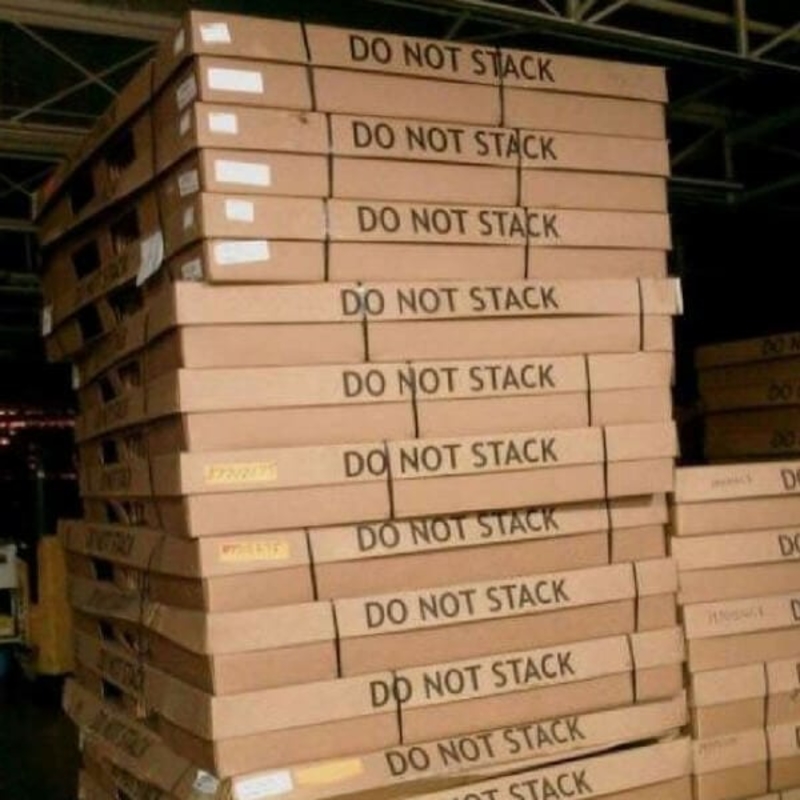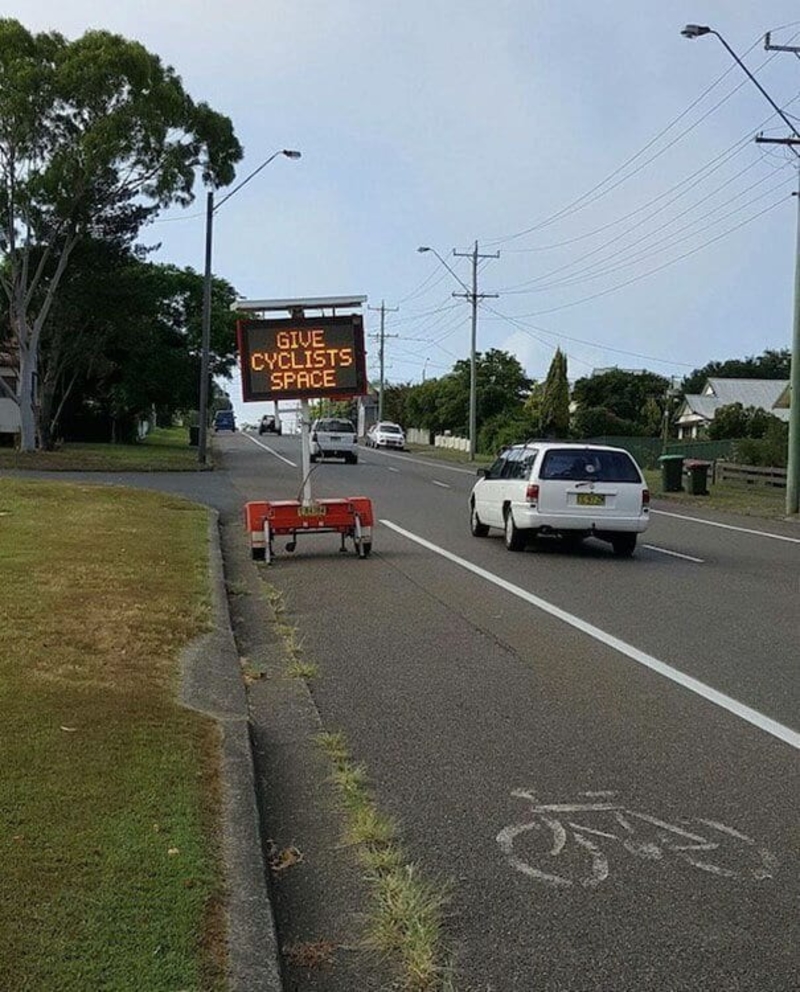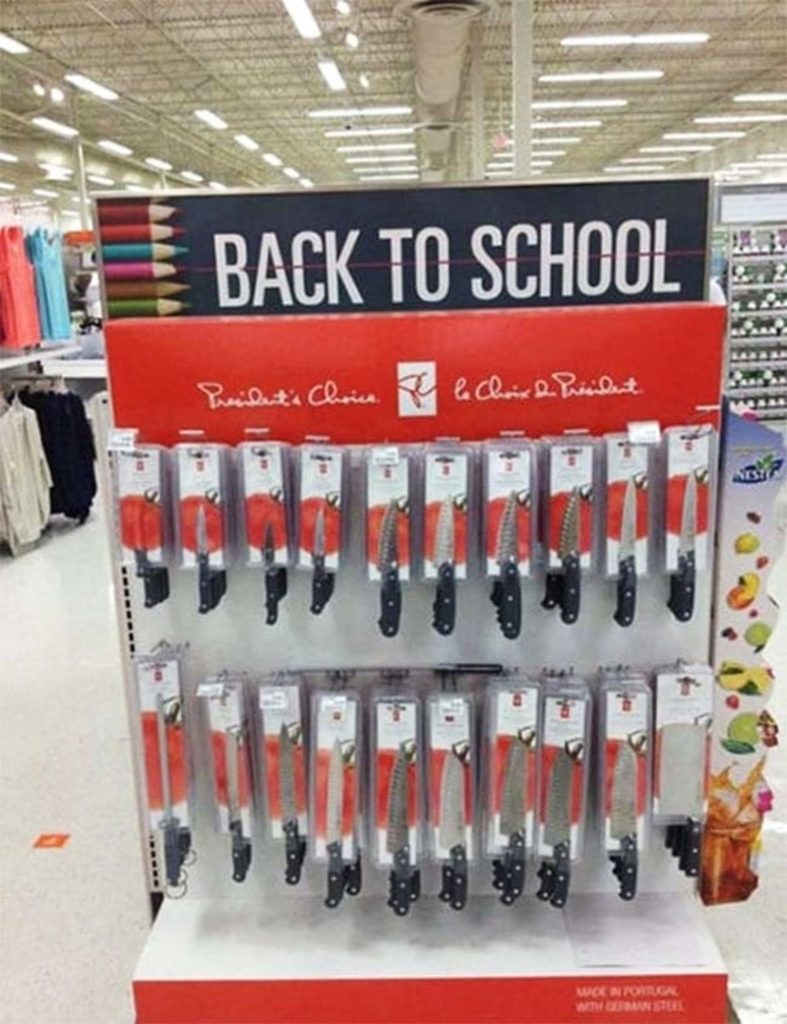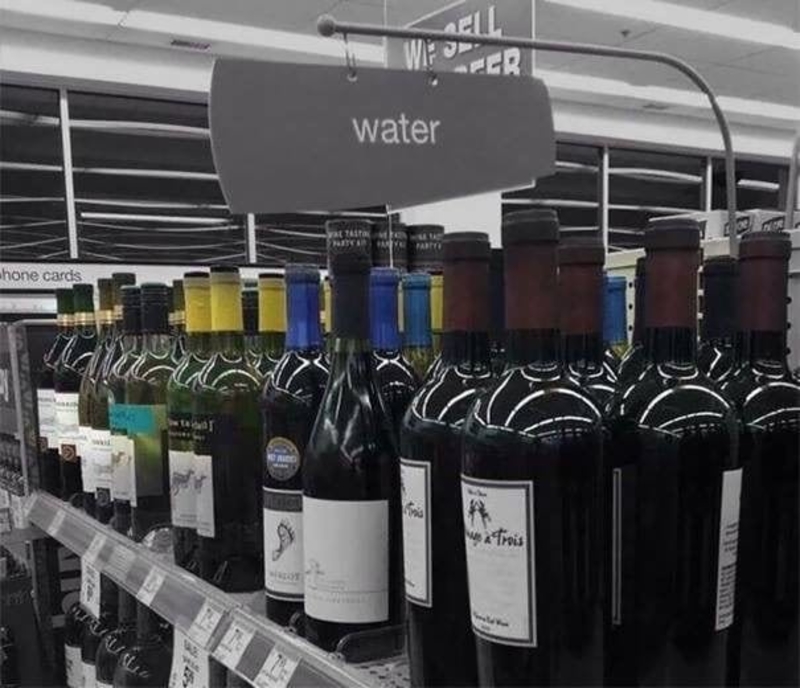What I have learned this year (Part Two)
For my last journalistic attempt of 2020 to pass on some semblance of logical thought, entertainment or reflection I identify a few additional things I’ve learned this crazy year (admittedly less consequential for our beloved nation than round 1). Since I have previously pontificated about the sainthood of nurses who fail to get enough credit (and pay) and the importance of marrying wisely – both of which have taken on added importance in this year of the pandemic – I will skip those.

1.I’ve learned that life goes on fine without attending live sporting events. When I look back at my very charmed life some of my happiest moments have been spent inside a stadium or arena surrounded by tens of thousands of mostly strangers: the St. Louis Cardinals World Series clinching victory in 2006 (with my kids by my side) and again in 2011, the Texas Longhorns National Championship victory over USC at the Rose Bowl in 2006 (perhaps the greatest college FB game ever played) , the St. Louis Rams thrilling Super Bowl win in Atlanta in 2000, the US- Canada Gold Medal hockey game at the 2002 Winter Olympics in Salt Lake (sitting near 1980 “Miracle on Ice” Captain Mike Eruzione), the St. Louis Blues Double Overtime Game 7 win over Dallas on the way to their first Stanley Cup in 2019, and numerous amazing tennis matches at the U.S. Open and Wimbledon over the years.
But the experience of being a fan at the game has lost some luster for me. The few moments of shared collective exuberance are now often offset, except in the most important of games (and, of course, any hockey game), by the better viewing experience at home, the convenience of not having to drive, park or fight the crowd, the ability to disconnect quickly if the game sucks, and the considerable cost savings – not just the price of the tickets but the fact that one beer at the game costs about ten in the fridge.
I expect that I’m not the only one who has come to this realization in a year without live sports. Indeed, I suspect there will many who had routinely bought season tickets in the past or built much of their free time around attending sporting contests who will be rethinking that proposition after COVID ends. This would seem to be problematic for pro sports, especially leagues who depend heavily on attendance revenue to be profitable. The NHL and MLB get 37% and 27% of their total revenues, respectively, from gate receipts. (The NFL, by contrast, receives so much TV money that each team makes a fortune without having a single fan in attendance.)
However, all sports leagues have recently been thrown a gigantic life raft: gambling. Since the Supreme Court overturned the Professional Sports and Amateur Protection Act as unconstitutional in 2018, a whopping 21 new states have now legalized sports gambling (18 are currently operational). Most other states (aside from Mormon-controlled Utah) will likely follow suit before long. Moreover, advanced technology allows gamblers to not just wager on the game’s outcome or “spread” before the game begins but throughout the contest as well, and also to bet on instantaneous propositions like the next team to score or whether a batter will strike out or get a hit – all with a click on a phone from the comfort of one’s living room.
These developments will undoubtedly produce a massive increase in wagering from a gambling-obsessed populace. That should help ensure high TV ratings and thus higher advertising dollars and increased TV network deals. And if the sports leagues can manage to extract a small piece of each wager for themselves (and believe me they are working hard on that very proposition with lobbyists and legislators) that may prove to be more than an adequate substitute for the dearth of actual fans at games.

2. I’ve learned that our government can spend a whole lot of money that it doesn’t actually have when it wants to simply by printing more of it. We have been told for generations – especially by Republicans but also fiscally-responsible types (of which I consider myself one) that we should live within our means and not spend money we don’t have – just like WE have to do in our personal lives.
Our government hasn’t adhered to that principle for decades. It has borrowed increasing amounts of money to address our nations’ addictive spending habits and substantially raised the deficit with each administration – Democrat AND Republican. But the recent spending in light of Covid has been astronomical – trillions have been given out with more to come for individuals (whether they need it or not), small businesses, big businesses, the travel industry, state and local governments, students, hospitals, and the pharmaceutical industry. I’m not suggesting that these handouts are inappropriate. In fact, I suspect that many of these expenditures are absolutely necessary under the circumstances.
But we should all also recognize that this isn’t free money; there will be a judgment day where we will as a nation actually have to repay this massive debt. And, in the meantime, there is interest to pay on this obligation which will comprise a substantial and ever increasing portion of the money the government has available to spend, leaving a lot less for all of the other things we have come to expect. And unlike Mr. Trump’s long history with debt, WE don’t have the option to simply not pay it and default: Countries can’t just file bankruptcy or refuse to pay without serious repercussions.
I also find it interesting how the dialog has suddenly shifted about government spending. For decades people “on the left” have railed against the woeful prevalence of poverty and absence of health care for so many and have called for the richest nation on earth to cure this immorality and address these issues despite their significant financial cost. In response, folks “on the right” have contended that we don’t have the kind of money for that and it would massively increase the deficit. But apparently we’ve got plenty of money to print and spend when the folks who are suffering and clamoring for relief include those on the right with power and political clout (and who look more like them).

3. I’ve learned that Americans hate to be told what to do. It doesn’t matter if what they are doing is really stupid, could seriously hurt them or a cherished member of their family or be detrimental to society. Indeed, a sizable chunk of Americans hate the government telling them what they can’t do so much that they will often do the frowned-upon activity even more. These American grown-ups act more like teenagers rebelling against anything and everything a parent tells them. While I support some libertarian concepts, I can’t endorse something that actually harms society.
There are, for example, the approximate 34 Million Americans who continue to smoke cigarettes when the evidence is overwhelming that it will probably KILL them – and, further, that their death will likely be prolonged and painful. It’s one thing for them to assume that risk but their second-hand smoke puts their spouse, kids and others who hang around them at considerable risk. Moreover, they are oblivious to the cost their decision has on the rest of us – cigarettes costs the government an estimated $300 Billion per year in medical costs and lost productivity!
Similarly, there are lots of folks who refuse to wear a helmet when riding a motorcycle or even a seatbelt when driving a car on the grounds that Big Brother has no business telling them how they should live their lives. Once again, it’s one thing to be indifferent to their dramatically increased chance of death, paraplegia or lifelong brain injury from this decision but another to place the enormous cost on the rest of us when they get in a serious accident and can’t pay the millions for medical care and lifelong rehabilitation.
And just like these selfish foolhardy folks, there’s now the millions who refuse or rebel against wearing masks or social distancing while attending political rallies, protests and sporting events, and even when indoors at retail establishments. They scream for their independence and right to do as they please, and could care less about helping accelerate a pandemic where millions have already died OR about taxing an already overstretched medical system OR about harming the nurses and doctors whom they will expect to risk their own lives to help them should they get the virus that they have ignored or downplayed.

4. I’ve learned that even well-intentioned and generally smart people make mistakes – lots of them. Many of these errors in fact or judgment could have been avoided had they bothered to bounce their idea or plan off of others.
We humans are generally much better when we consult and collaborate with others. If we think we are the smartest person in every room and don’t really want the input of others who are knowledgeable (or worse, want to strike fear in those who point out an error or are considering articulating a contrary view – i.e. the Trump management style), we will undoubtedly screw up even more.

5. I’ve learned that the first reaction of many people to others who are different or who are protesting something that they don’t subscribe to is to assume that these folks are dangerous and not to be trusted. This really came to light in some of the reactions to protests this year about severe racial inequality in our criminal justice system. Rather than attempting to engage in a meaningful dialog, the best solution that these McCloskey-types come up with to their fear is to load up with weaponry – and not just a handgun, but an assault rifle with large magazine capacity, as readily available in this country (AND NO OTHER) as candy on Halloween.
These are the same folks who said when kids were slaughtered at school by a shooter with an assault weapon who fired off 154 rounds of amo in less than 5 minutes that the fault had nothing to do with guns or the type of guns available. Rather they urged, and continue to urge, the solution to the problem was MORE, not less, weaponry: “We need to arm the teachers!”
Hell, why stop there, we might as well arm the kids as well.

And, oh yeah, I’ve learned this year to drink more water!
Happy New Year to all!